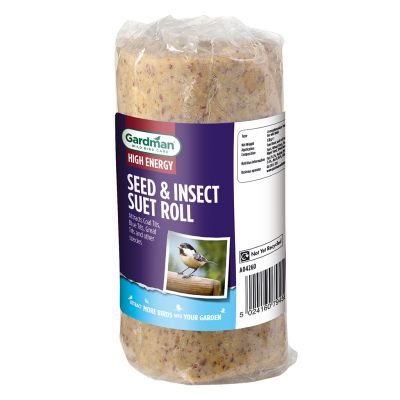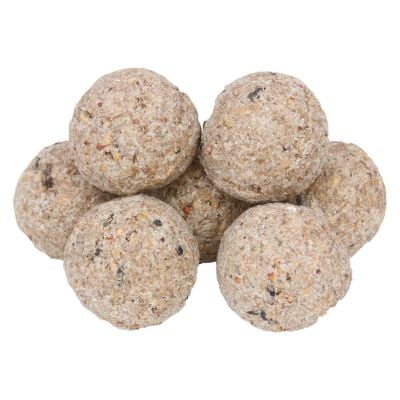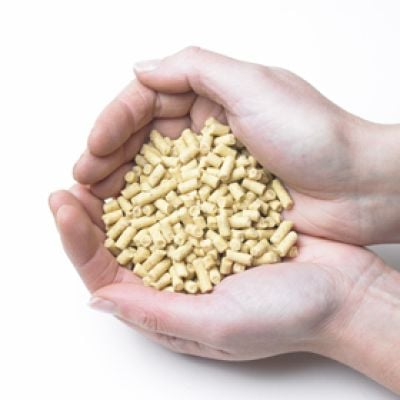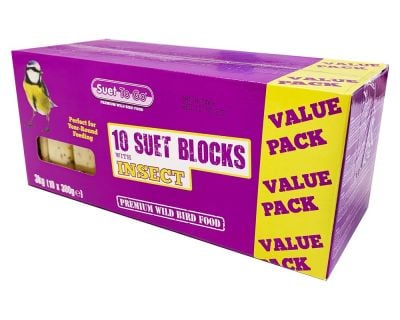Rook Factfile
Although hardly the most loved of garden birds, Rooks are a now a familiar sight for many of us in our gardens. Often seen with Jackdaws, Rooks are easy to identify with their long pale grey bill with the colour extending onto the un-feathered base right up to the eye. Smart and resourceful, Rooks will find all sorts of way to get at food in feeders – including removing the feeder from a hook and dropping it onto the ground.
Rook nesting and breeding habits
Nesting takes place communally across a number of trees (larger trees will have a number of nests) and hence the name a ‘rookery’. Each individual nest is a large platform of twigs which may be added to in successive years, with the nests typically built high in the trees. There is one brood of 4-5 eggs per season which the female Rook incubates alone, with both parents feeding the young.
Rook history and population trends
The long term UK population trend for the Rook has been one of steady increase.
Behaviour traits of Rooks
Rooks demonstrate considerable intelligence and this can be observed at garden feeding situations. For example, they have been observed to manipulate hanging feeders in order to get at food, with this including pulling feeders up towards them when the feeder is hanging by string. Also, unhooking feeders from feeding stations and branches, dropping them on the ground, then gathering the seed. The species is also relatively sociable and not just with other Rooks, but regularly feeds in mixed flocks with Jackdaws and Starlings.
Rook diet and food
The Rook’s diet is very varied and includes seeds, grain, earthworms, large insects including beetles, human food waste, plus some carrion. Occasionally small mammals such as mice are taken, and even young birds. In the garden, Rooks will eat any type of bird food put out and in particular suet products which they’ll make very short work of – hence why caged feeders are often a necessity.
What should I feed Rooks?
Assuming you’d want to, we recommend the following products to attract Rooks to your garden.
Frequently Asked Questions
Are Rooks common in the UK?
Yes, Rooks are very common in the UK, with more than one million breeding pairs.
Do Rooks fly in groups?
Yes, Rooks do fly together as they’re a very gregarious species of corvid (the crow family). Outside of the breeding season they also form large mixed flocks with Jackdaws.
What noise do Rooks make?
Rooks have a rather harsh rasping call – have a listen by clicking on the play button on this page.
What time do Rooks roost?
Rooks roost at dusk, and typically form large flocks which noisily circle before eventually settling in tall trees.
Do Rooks return to the same nest?
Pairs of Rooks may use the same nest in a successive year, though would build a new structure on top of the old one. However and given that Rooks nest in colonies (known as rookeries), it’s just as likely that another nest close by will be used or a new one built from scratch.










